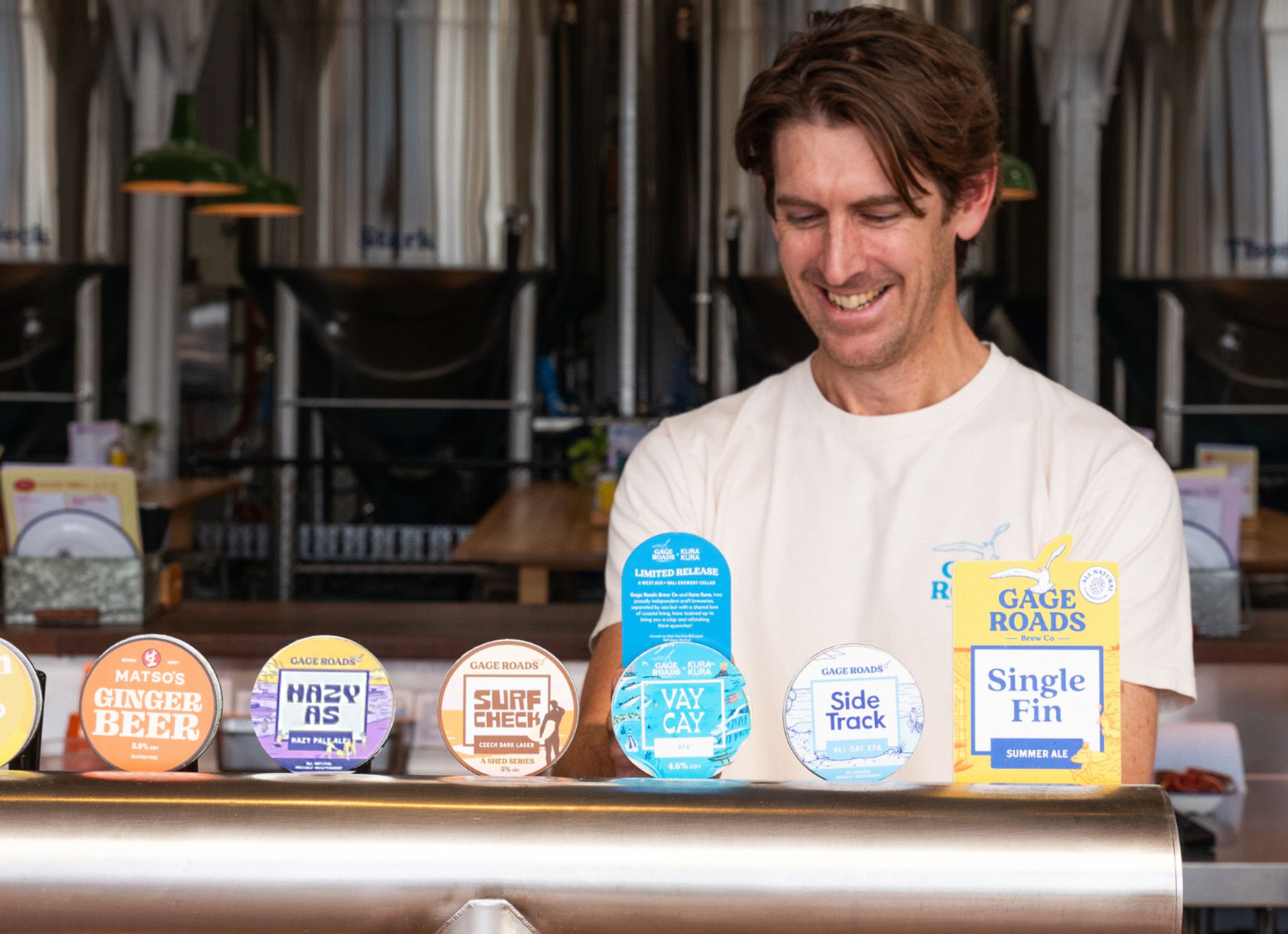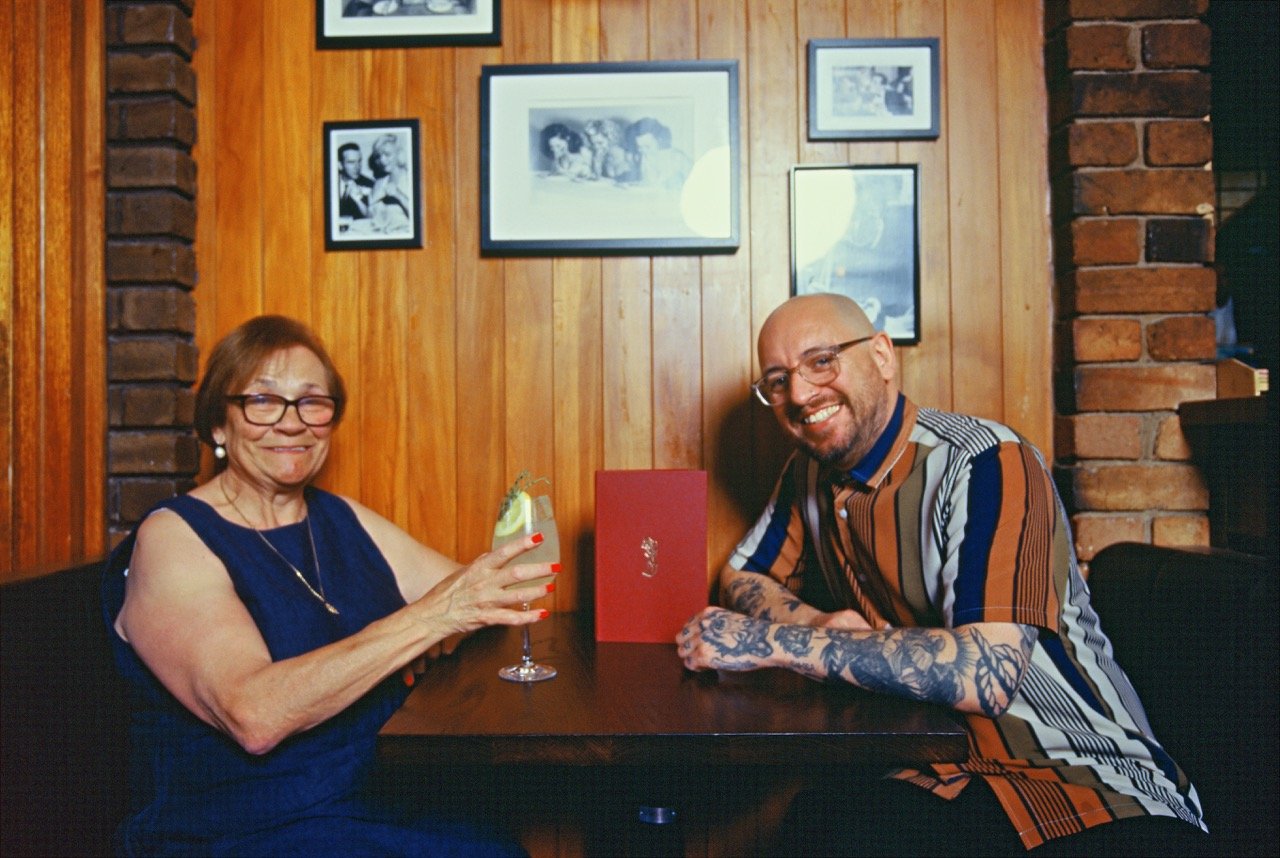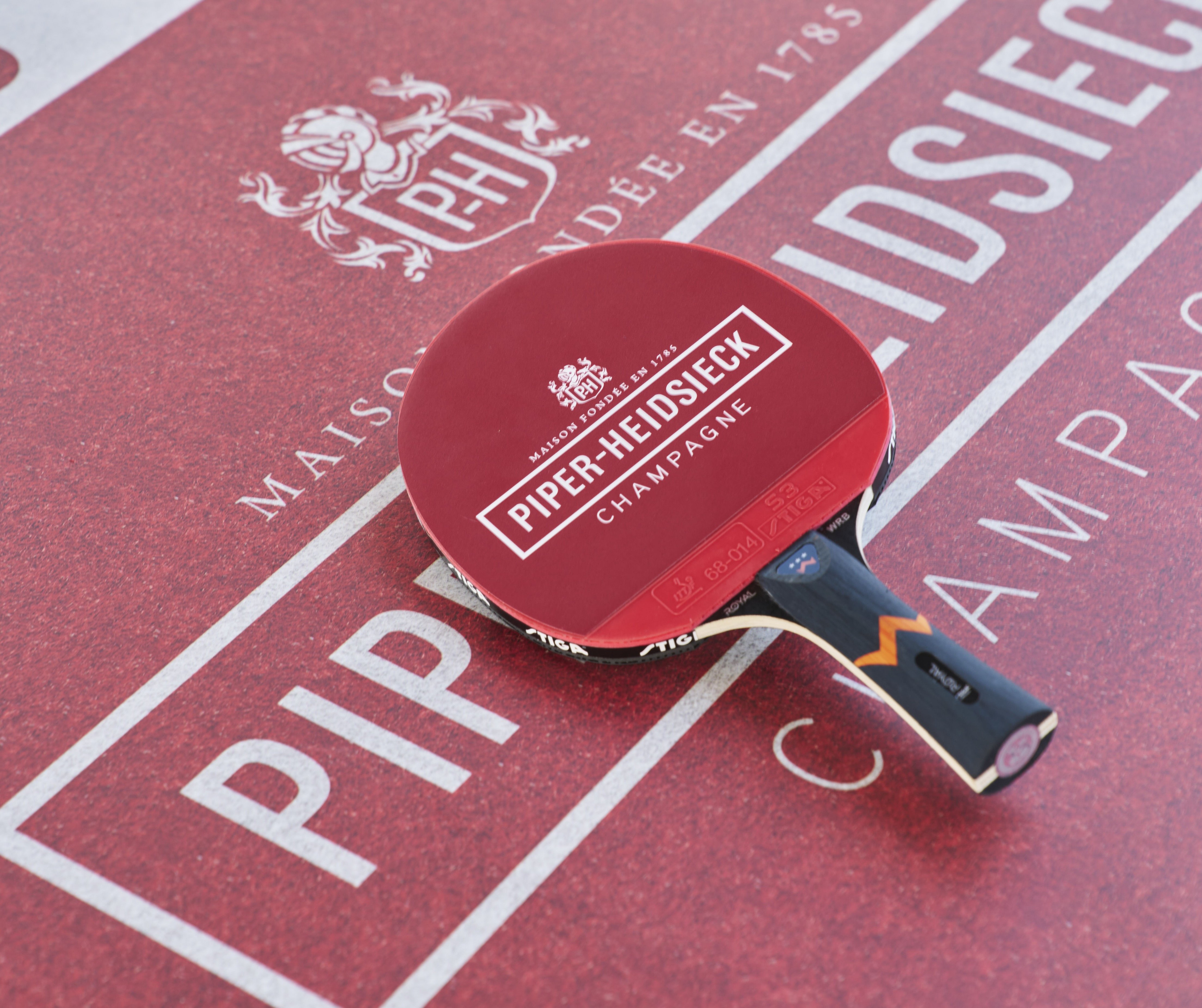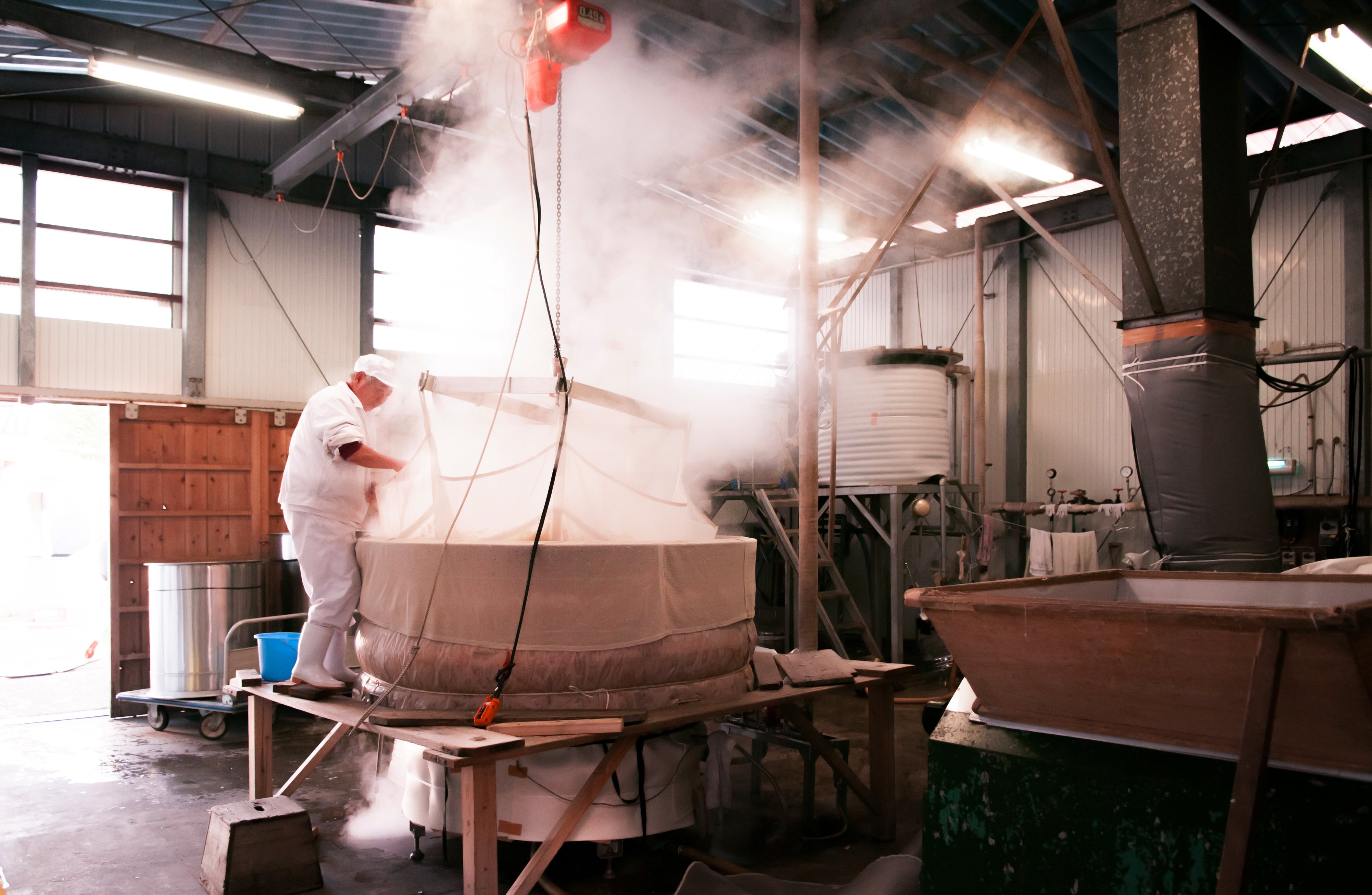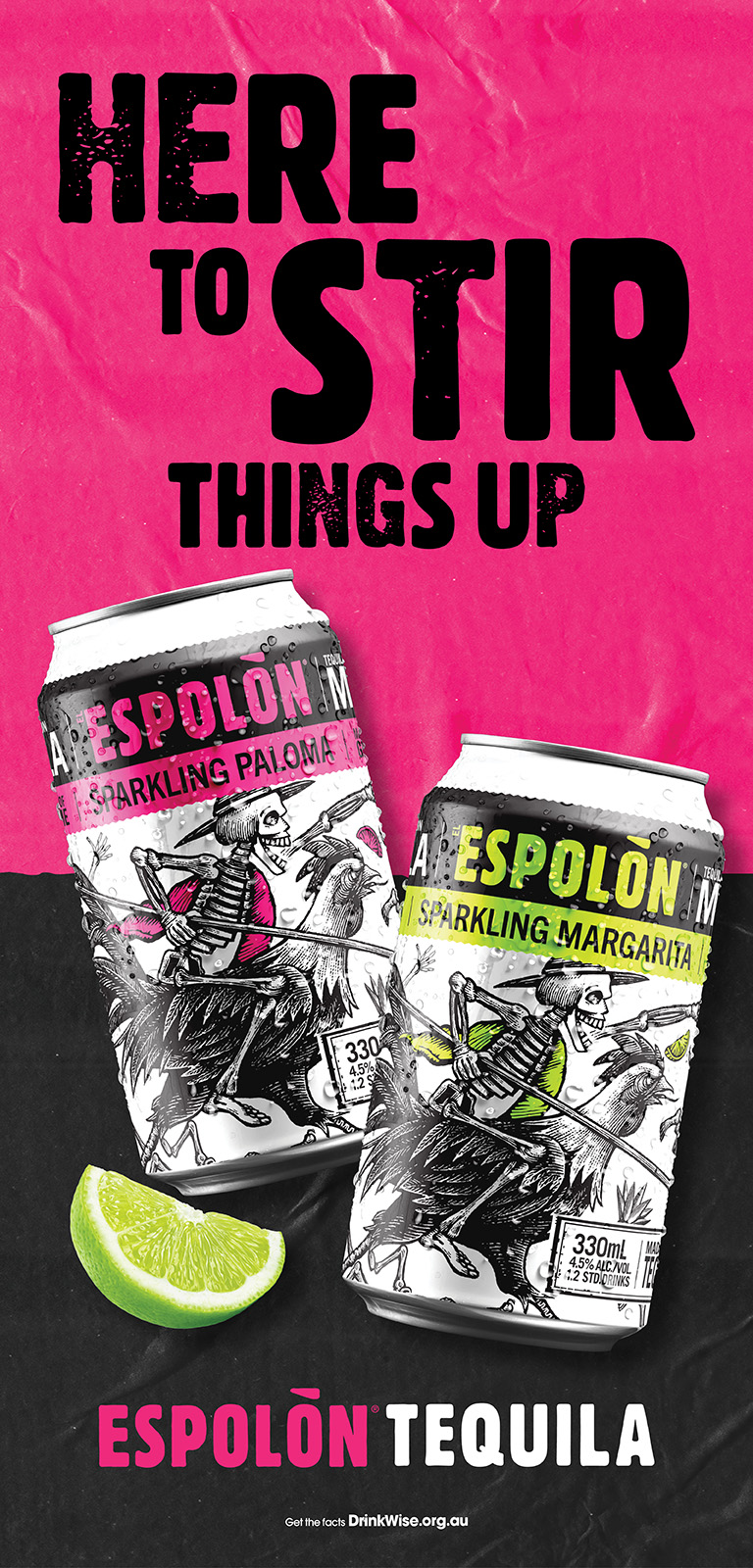This week, the Victorian Gambling and Casino Control Commission is hosting Gambling Harm Awareness Week 2024, a campaign that seeks to remind industry and patrons about the harms associated with gambling.
The campaign will focus on consumer-driven objectives such as informing about industry tactics and ways gamblers can protect themselves from gambling harm; and industry-driven objectives such as reminding gambling providers of their legal and social responsibilities to minimise gambling risk.
Annette Kimmitt, CEO of the VGCCC, says “the gambling industry is highly lucrative because it taps into people’s fantasy of winning big on products that, in actuality, are designed to ensure consumers lose more than they win overall.
“The old adage that the house always wins is true of many forms of gambling, with industry using tactics, such as losses disguised as wins, which are known to be effective at enticing and keeping customers spending even when they continue to lose.”
As part of the Harm Awareness Week, the VGCCC will be rolling out a digital campaign to raise awareness about the different gambling products associated with high levels of gambling harm in Victoria. As it stands, the gambling product with the highest chance of causing risk is casino table games, with 36% experiencing harm; followed by sports betting,where 35% have experienced harm; poker machines at 29%; and wagering on horse, harness and greyhound racing at 20%.
In 2023, approximately 440,000 Victorians experienced at least one type of gambling harm, a 13% increase from the previous study conducted in 2019. These harms include feelings of psychological distress, relationship problems, financial issues, work/study difficulties, and physical or mental health concerns.
Nearly a third of Victorian adults who use poker machines will experience at least one harm from their gambling, while 20% will experience significant gambling issues.
According to Kimmitt, gambling providers have a responsibility to offer their services in a responsible manner by monitoring customer wellbeing; discouraging prolonged gambling sessions; following the relevant responsible service of gambling code of conduct; preventing intoxicated customers from gambling; raising concerns about risky gambling behaviour; and recording interventions in a responsible gambling register.
“People who experience severe gambling issues are more likely than others to take up inducements like bonus bets, reward programs and early cash-outs, which are often promoted via direct marketing messages from gambling companies, and to take them up more frequently,” said Kimmitt.
“But customers who understand these tactics, as well as how different products work, are in a better position to protect themselves from harm.”
The VGCCC’s Gambling Harm Awareness Week messaging will also shine a light on the significant and often irresponsible marketing investment of the Victorian gambling industry.
“The gambling industry spent $53 million on advertising in Victoria in 2023, much of which seemed to imply that gambling is a game of skill rather than chance,” said Kimmitt.
“This type of misinformation can result in people underestimating the risks, as well as their chances of winning, and lead to negative consequences, including serious harm.
“We expect providers to honour their social licence to operate by prioritising the wellbeing of customers through harm minimisation measures. Likewise, providers should be alert to, and take care of, anyone showing signs of harm.”
To learn more, download the VGCCC Gambling Harm Awareness Week 2024 Supporter Toolkit here.
//
ALH fined $177k, Crown $2m, by VGCCC for gambling-related breaches
Star Casino cops $15m fine but allowed to continue operating, following Bell Two Report
Share the content

